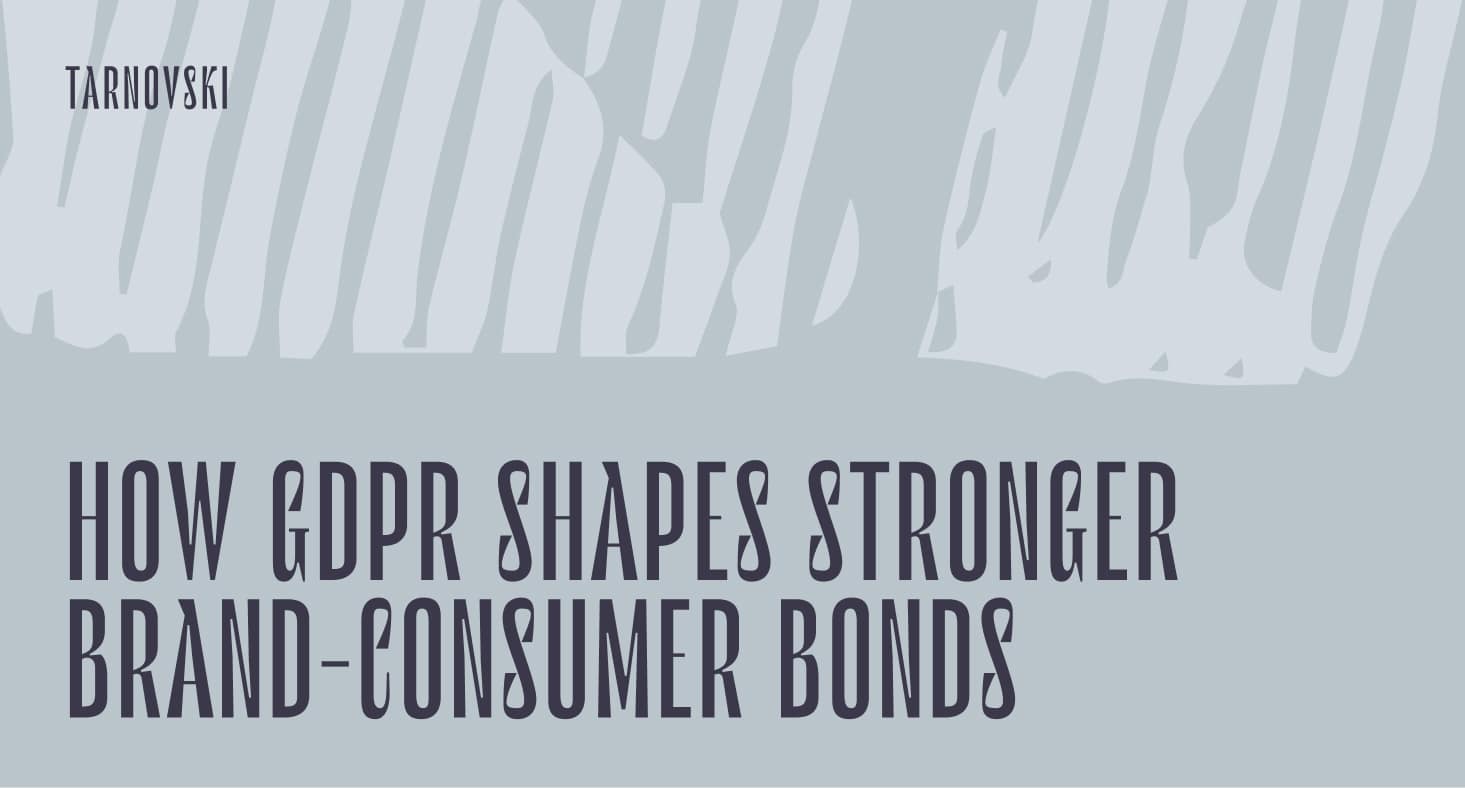Two years post the GDPR "revolution," narratives about it crippling businesses and stifling brand engagement opportunities still circulate. However, amidst widespread data breaches, consumer caution over data sharing has heightened. While perceived as a drawback by many brand strategists, this shift has largely benefited users by reducing unwanted ads and marketing communications.
Recent years have seen a surge in marketers adopting data-driven strategies and omnichannel approaches to tailor brand touchpoints to each customer. Despite its potential, consumer hesitance in sharing data has dampened these personalization strategies' effectiveness.
Building Trust Capital: The GDPR Advantage
Yet, there's a positive twist for brand managers. In an era where data sharing is scrutinized, consumer reluctance serves as a natural market segmentation filter. Individuals who align with your brand positioning and trust your value proposition are more likely to share their data willingly.
This dynamic has transformed GDPR from a barrier into a dual-purpose tool: it aids in cultivating deeper brand-consumer relationships and sifts the highly engaged customers from the indifferent, strengthening brand loyalty metrics.
Strategic Brand Building in the GDPR Era
The stricter regulations have indeed been a boon, benefiting businesses and consumers alike by shifting focus from vanity metrics to meaningful brand connections. Marketing teams are now tasked with developing unique, relatable brand personalities, transitioning from impersonal mass communication to authentic customer engagement strategies with individuals.



